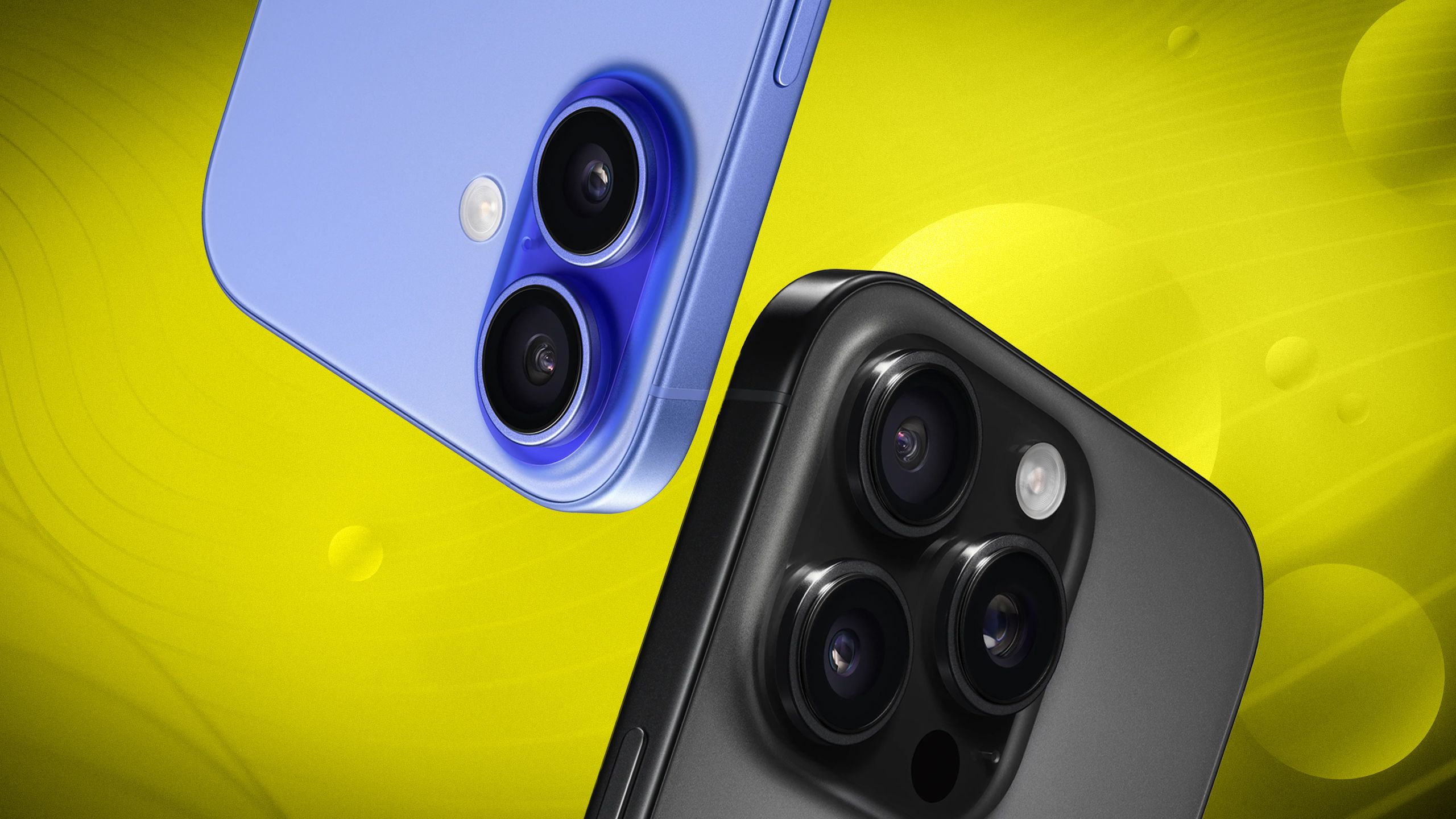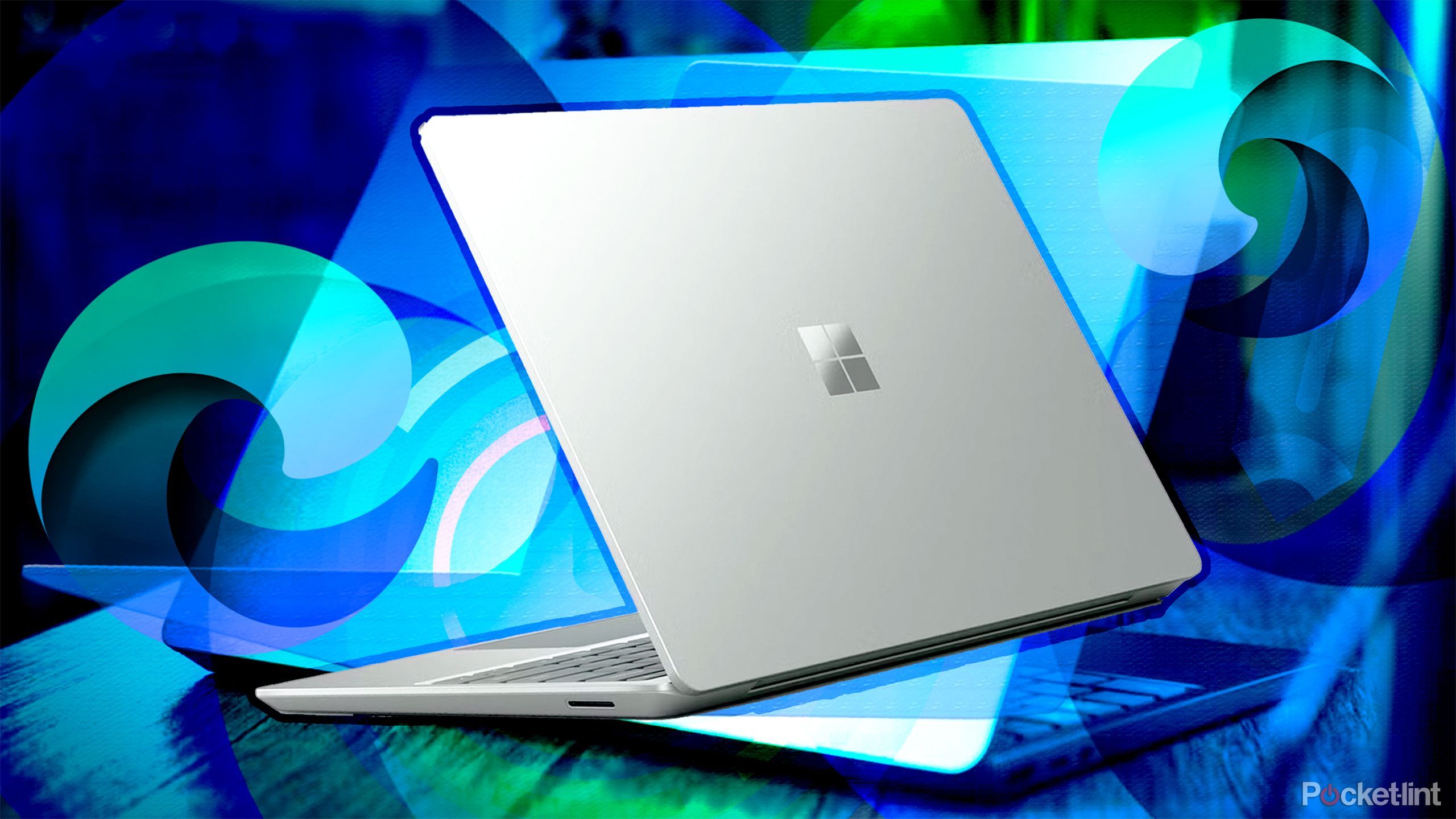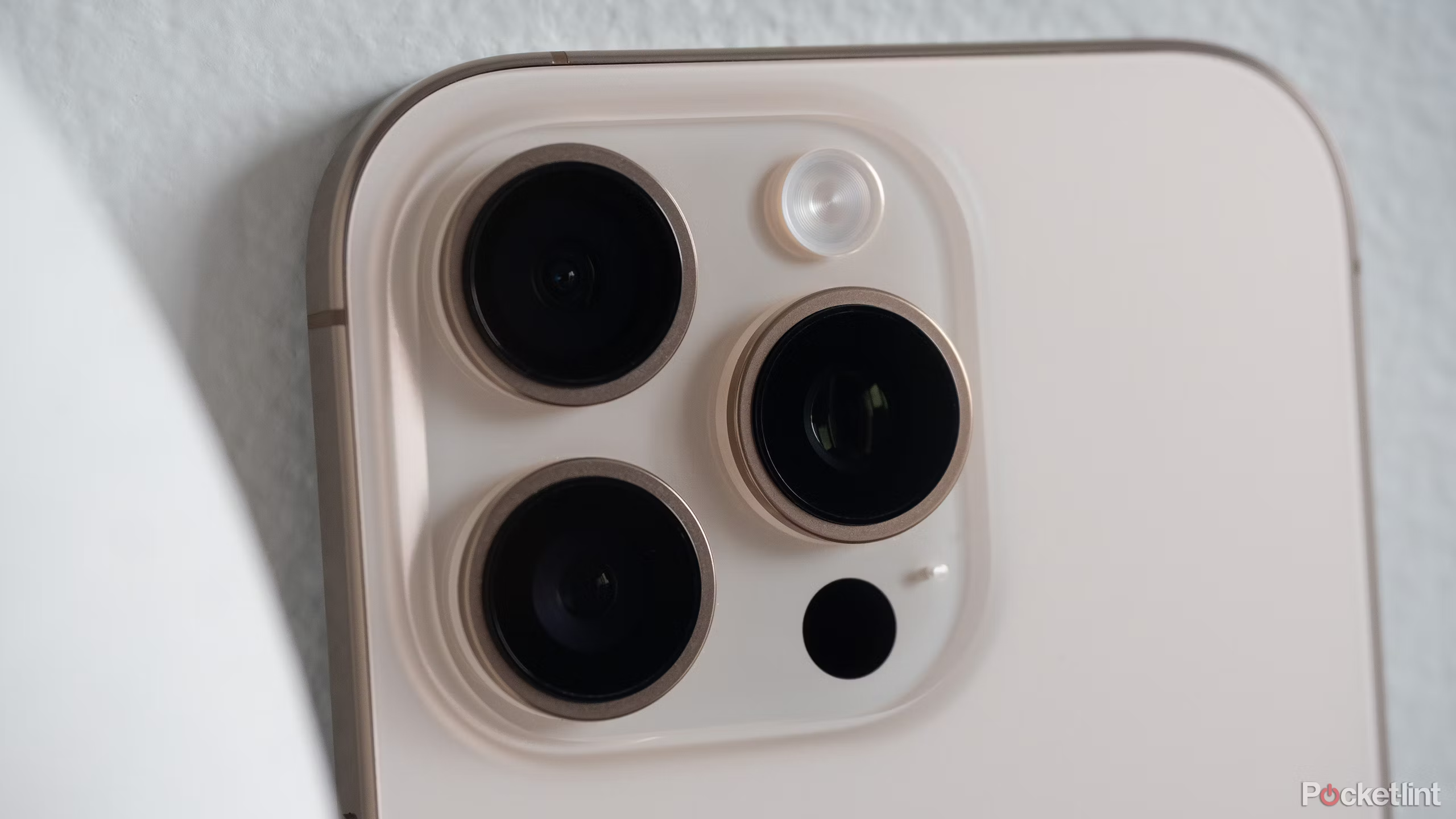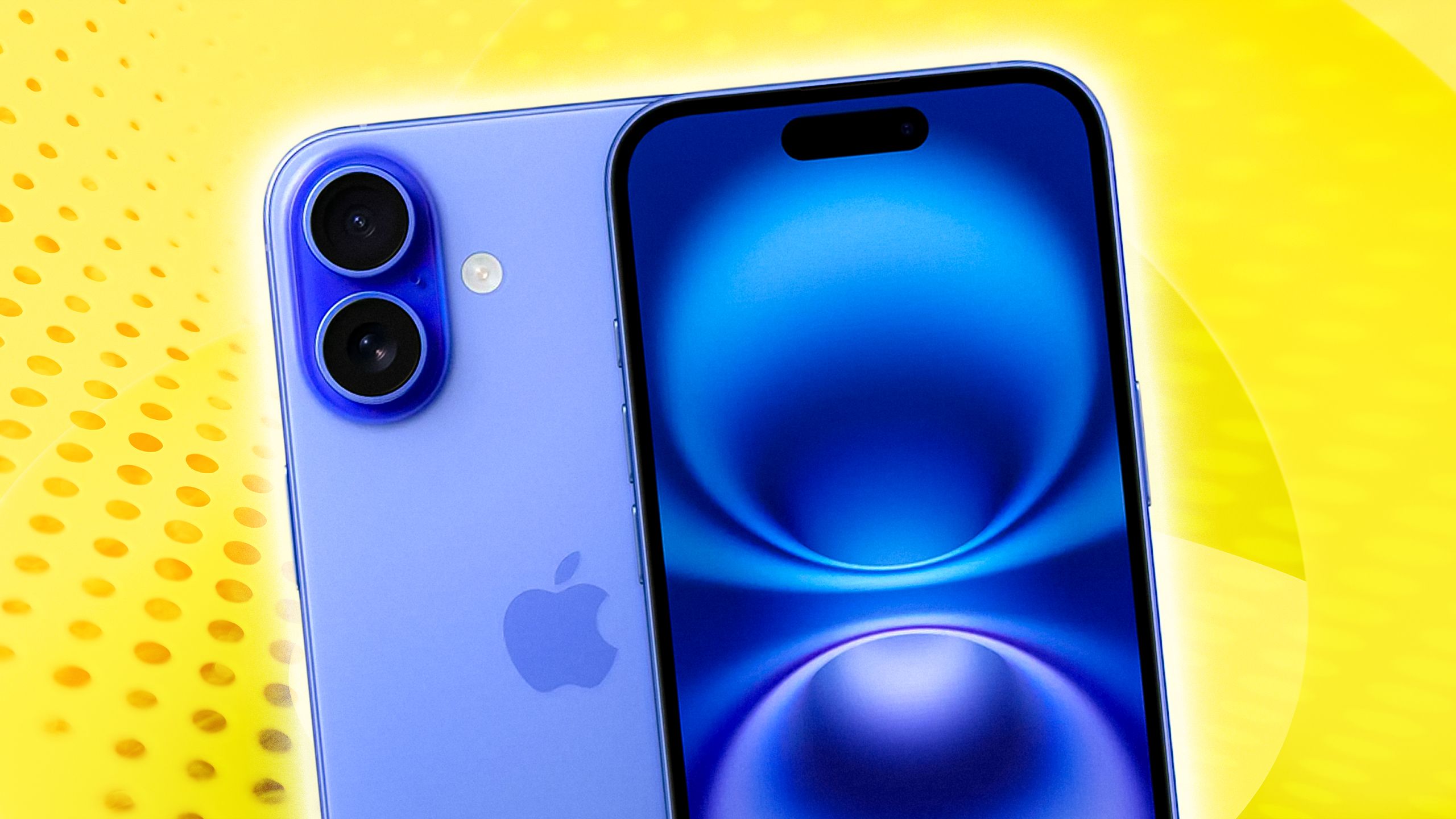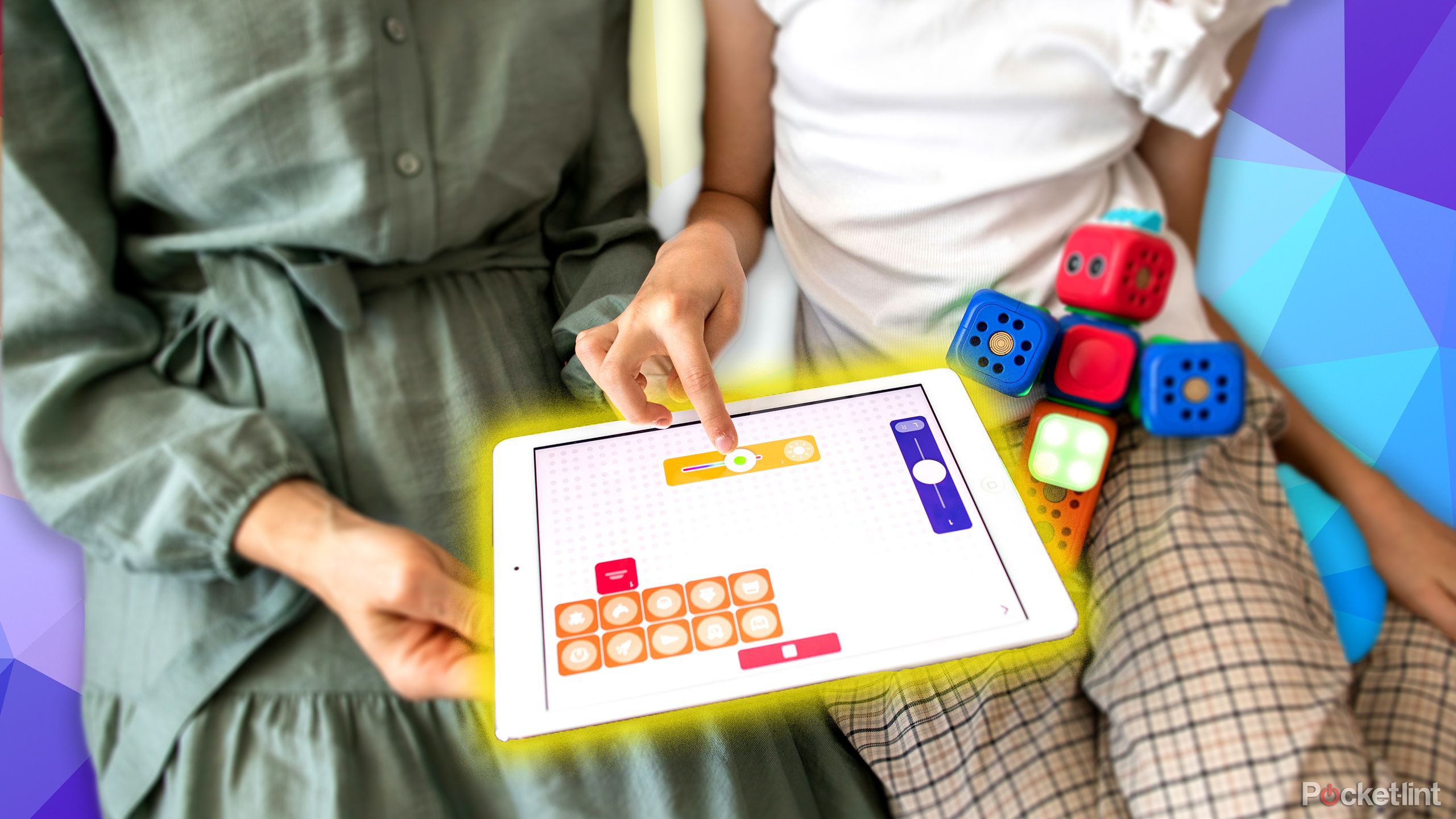iPhone 15 vs. iPhone 15 Pro Buyer’s Guide: 35+ Differences Compared
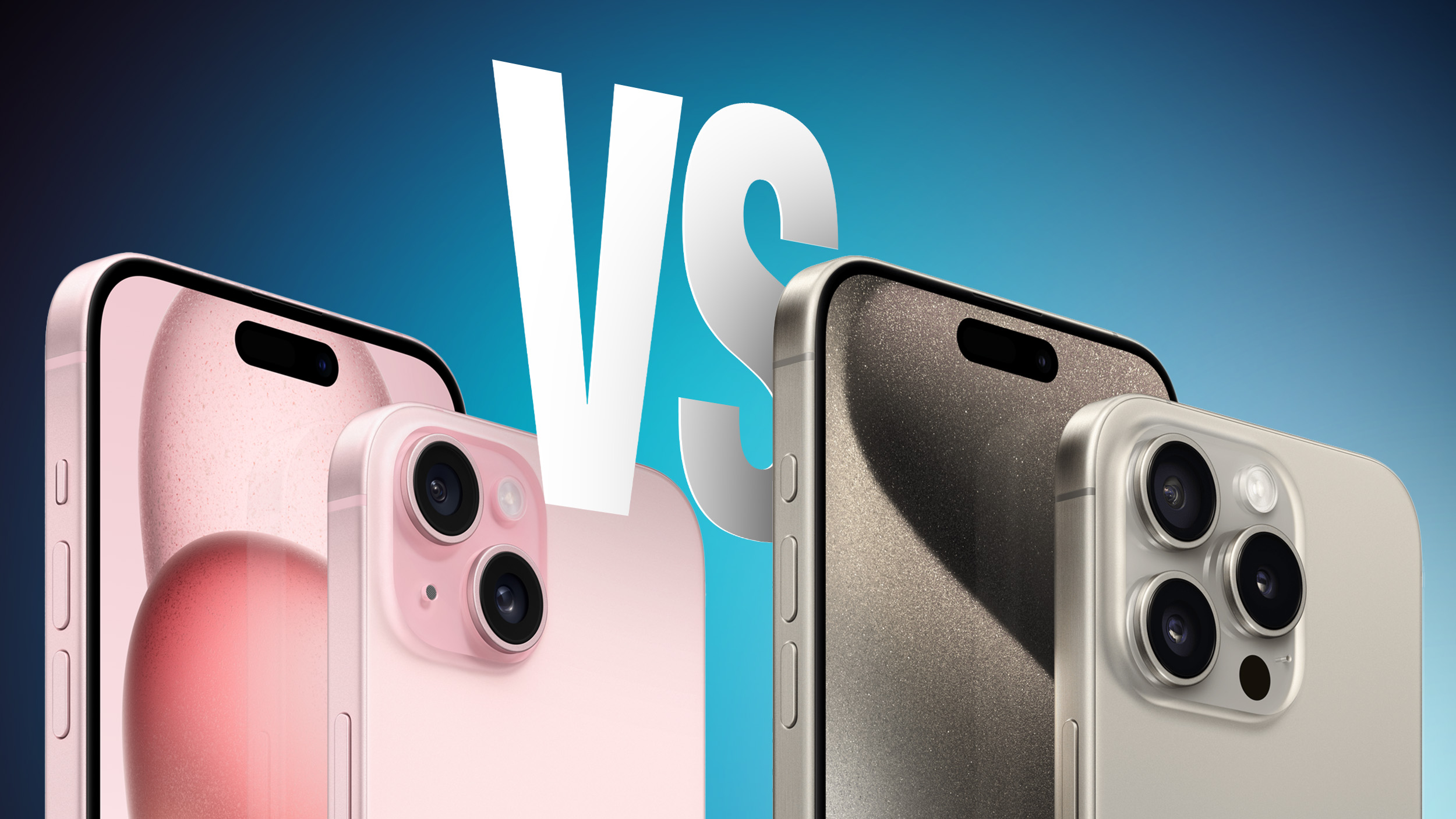
The iPhone 15 and iPhone 15 Pro are among Apple’s newest iPhone models and follow last year’s iPhone 14 and iPhone 14 Pro, but how different are the two latest 6.1-inch iPhone models, and what exactly does a “Pro” device give you?
Last year, the biggest new differences between the iPhone 14 and iPhone 14 Pro were always-on functionality, the Dynamic Island, three hours of battery life, and rear cameras with different apertures. With iPhone 15 and iPhone 15 Pro, both devices share new features like the USB-C port, second-generation Ultra Wideband chip, and next-generation portraits, but Apple’s “Pro” and non-Pro iPhone models are more different than ever.
Our guide helps to answer the question of how to decide which of these two iPhone models is best for you, and serves as a way to clearly see what additional features and upgrades the iPhone 15 Pro brings to the table.
iPhone 15
iPhone 15 Pro
Aluminum and glass design
Titanium and glass design
Slightly smaller due to slimmer borders around the display
Weighs 171g or 201g
Weighs 187g or 221g
Ring/Silent switch
Action button
ProMotion with adaptive refresh rates up to 120Hz
Always-on display
A16 Bionic chip (5nm)
A17 Pro chip (3nm)
6-core CPU
6-core CPU (up to 10% faster)
5-core GPU
6-core GPU with with hardware-accelerated ray tracing (up to 20% faster)
16-core Neural Engine
16-core Neural Engine (up to 2x faster)
Dedicated AV1 decoder
6GB memory
8GB memory
“Advanced” dual-camera system
“Pro” triple camera system
48-megapixel Main camera with ƒ/1.6 aperture
48-megapixel Main camera with ƒ/1.78 aperture and larger sensor
12-megapixel Ultra Wide camera with ƒ/2.4 aperture
12-megapixel Ultra Wide camera with ƒ/2.2 aperture
12-megapixel Telephoto camera with ƒ/2.8 aperture (unit with larger sensor, folded tetraprism design, and autofocus 3D sensor-shift module on Pro Max model only)
0.5x, 1x, and 2x optical zoom
0.5x, 1x, 2x, 3x, and 5x optical zoom (5x on Pro Max only)
Sensor-shift optical image stabilization
Second-generation sensor-shift optical image stabilization
True Tone flash
Adaptive True Tone flash
LiDAR scanner
Night mode portraits
Macro photography
Apple ProRAW
Shoot and instantly transfer 48-megapixel ProRAW images to Mac via USB 3
Record video directly to an external drive
ProRes video recording up to 4K at 30 fps (60 fps with external recording)
Macro video recording, including slo‑mo and time‑lapse
Log video recording
Academy Color Encoding System
Record spatial video for Apple Vision Pro
USB 2 transfer speeds (up to 480Mb/s)
USB 3 transfer speeds (up to 10Gb/s, 20x faster)
DisplayPort support for up to 4K HDR video output
Wi‑Fi 6 connectivity
Wi‑Fi 6E connectivity
Thread networking technology
20- or 26-hour battery life
23- or 29-hour battery life
128GB, 256GB, and 512GB storage options
128GB, 256GB, 512GB, and 1TB storage options (no 128GB on Pro Max)
Yellow, Blue, Pink, Green, and Black color options
Natural Titanium, Blue Titanium, White Titanium, and Black Titanium color options
Starts at $799
Starts at $999
The iPhone 15 Pro offers a large number of upgrades over the standard iPhone 15. With just $200 difference to obtain a display with ProMotion and always-on functionality, the Action Button, and longer battery life, many customers will be able to justify getting the iPhone 15 Pro over the iPhone 15. Other differences, such as the A17 Pro chip and 2GB additional memory are notable, but most significant are perhaps the devices’ fundamentally different rear camera setups. The iPhone 15 Pro unlocks 10 additional camera features and offers four additional or different pieces of camera hardware. Due to the scale and breadth of the iPhone 15 Pro’s improvements and features, most customers will be happy to choose the high-end model.
The standard iPhone 15 still offers many of the iPhone 15 Pro’s most compelling capabilities, such as USB-C, Dynamic Island, and a 48-megapixel main camera, at a lower price point. It will only be worth getting the iPhone 15 over the iPhone 15 Pro if you want a lighter device, do not care for the “Pro” rear camera setup or features like ProMotion and the always-on display, or cannot justify the $200 to upgrade to the high-end model. In this instance, you will still benefit from the device’s generous roster of advanced features. The iPhone 15 is still a very well designed and balanced device, especially for average customers and those coming from a much older model.
This article, “iPhone 15 vs. iPhone 15 Pro Buyer’s Guide: 35+ Differences Compared” first appeared on MacRumors.com
Discuss this article in our forums
